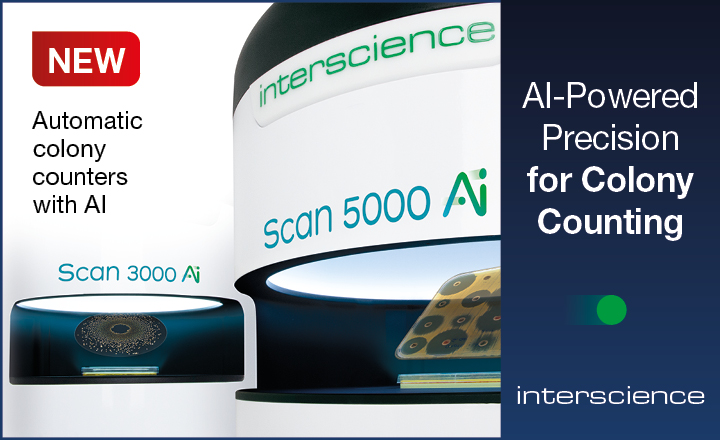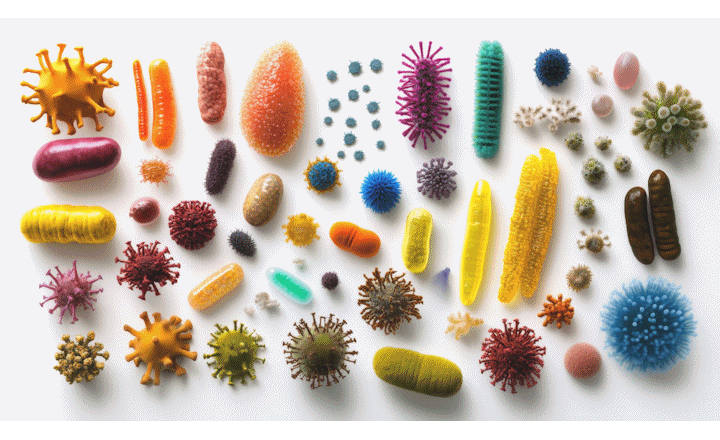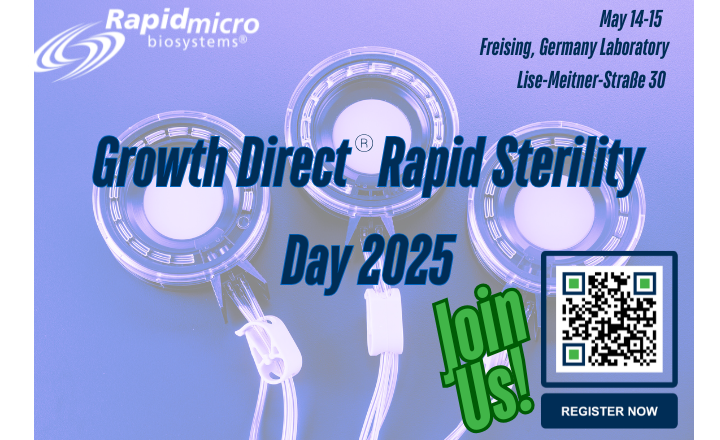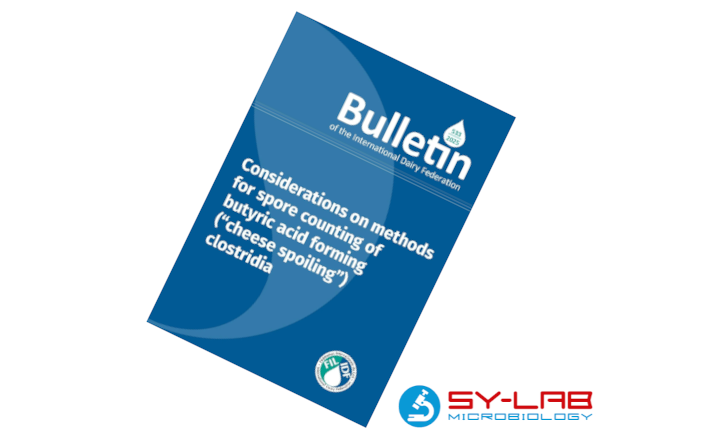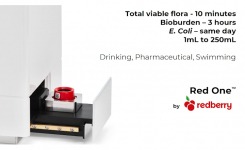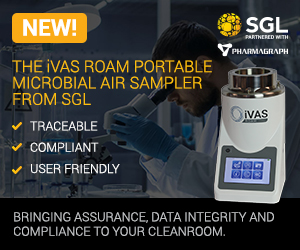- Built on Redberry’s Solid-Phase Cytometry (SPC) technology, this GMP-validated method delivers both reliability and precision and is available now.
- Next step: extending this validation to Advanced Therapies, with the objective of achieving same-day results.
Redberry, an innovative company specialized in rapid microbiology using Solid-Phase Cytometry (SPC) technology, has announced the successful GMP validation of a rapid sterility testing method that delivers results in only 4 days.
This breakthrough solution meets the pharmaceutical industry's demand for faster product releases while ensuring stringent safety and regulatory compliance. Powered by Redberry’s automated SPC technology, this method offers a robust alternative to traditional sterility testing, which typically requires a minimum incubation time of 14 days.
SPC is a highly sensitive method that enables the detection of minimal microbial contamination, ensuring both speed and precision in sterility testing. Compared to earlier generations of SPC platforms, Redberry’s fully automated system significantly reduces labor requirements and minimizes the risk of cross-contamination, delivering a robust, reliable, and efficient solution aligned with industry standards.
The newly validated GMP sterility testing method adheres to compendial sample preparation standards using closed devices, ensuring compliance with pharmacopoeial guidelines while significantly reducing turnaround times. It has been validated in accordance with both the European and United States Pharmacopoeias (EP 2.6.1 / 5.1.6 and USP <71> / <1223>, respectively), confirming its equivalence to the standard method.
Jonathan Macron, CEO of Redberry, stated: “By leveraging the unmatched sensitivity of Solid- Phase Cytometry, we have introduced the fastest sterility testing method on the market—one that enables microbial identification in the event of contamination while preserving the option for 14-day result confirmation in strict accordance with the compendial method. The successful validation of our Red One™ technology marks a significant advancement in rapid microbial detection. Our next objective is to extend validation to cell-based matrices, with the goal of achieving same-day results to support the accelerated release of these highly sensitive products.”




